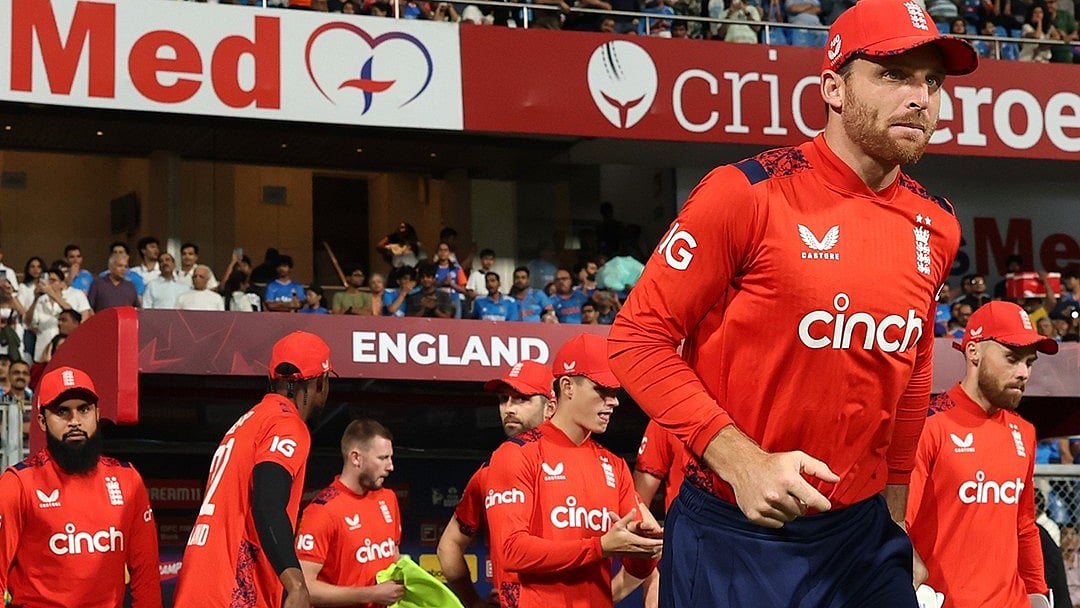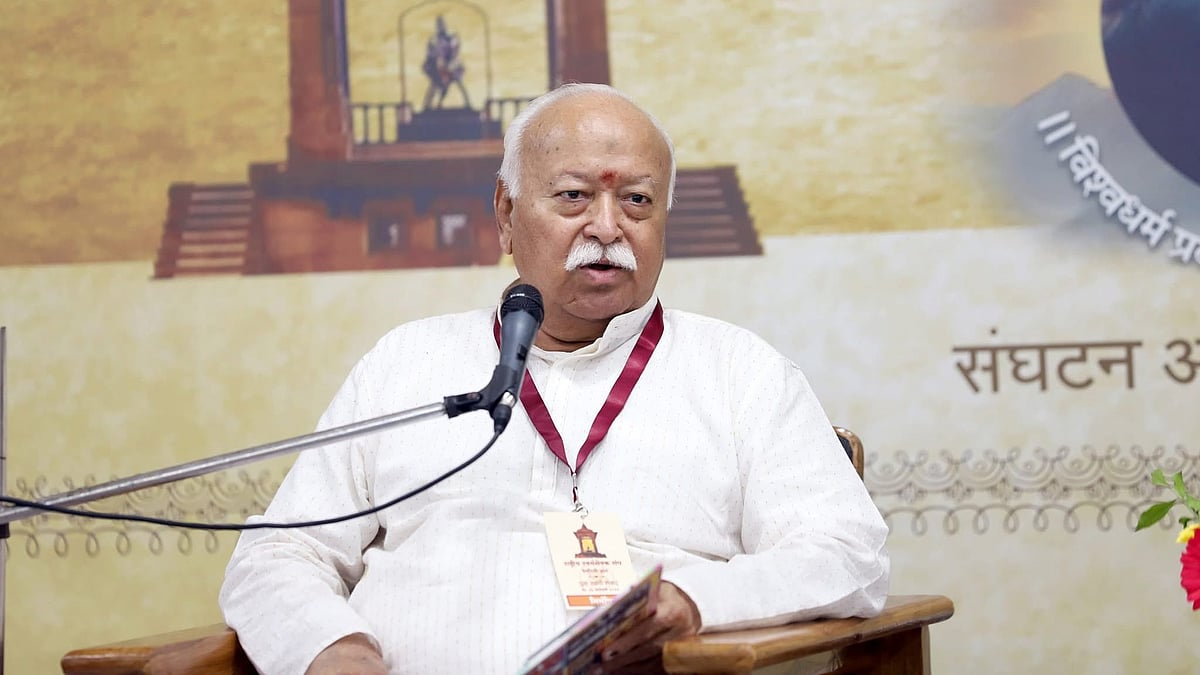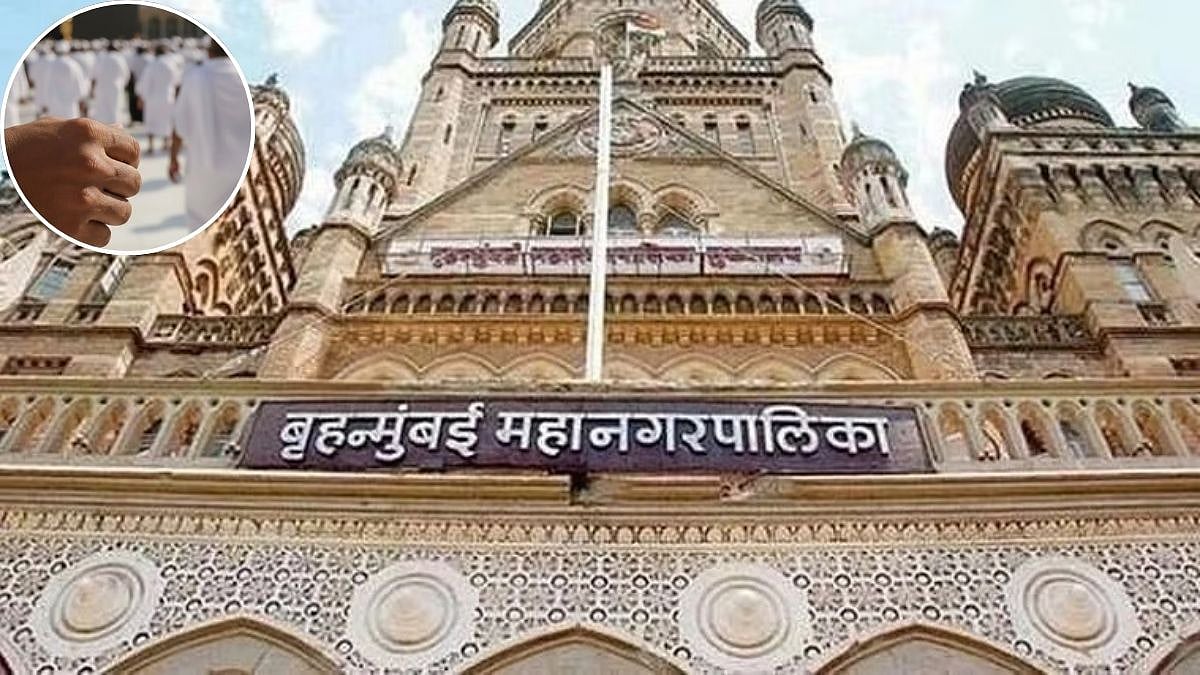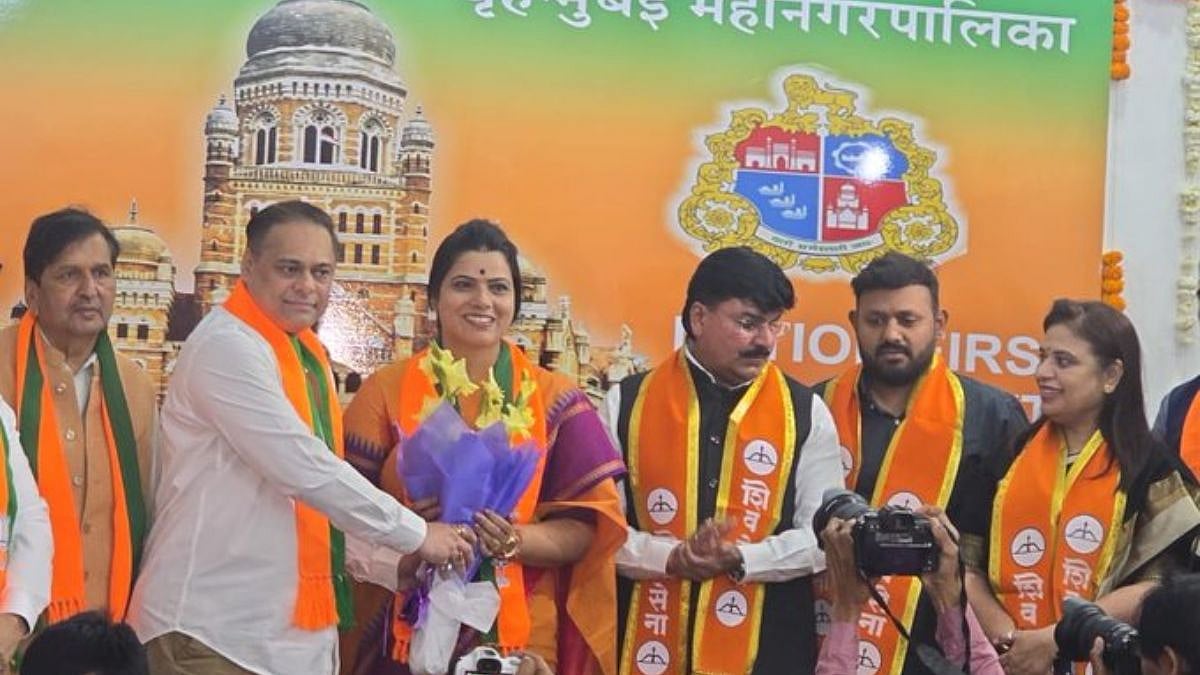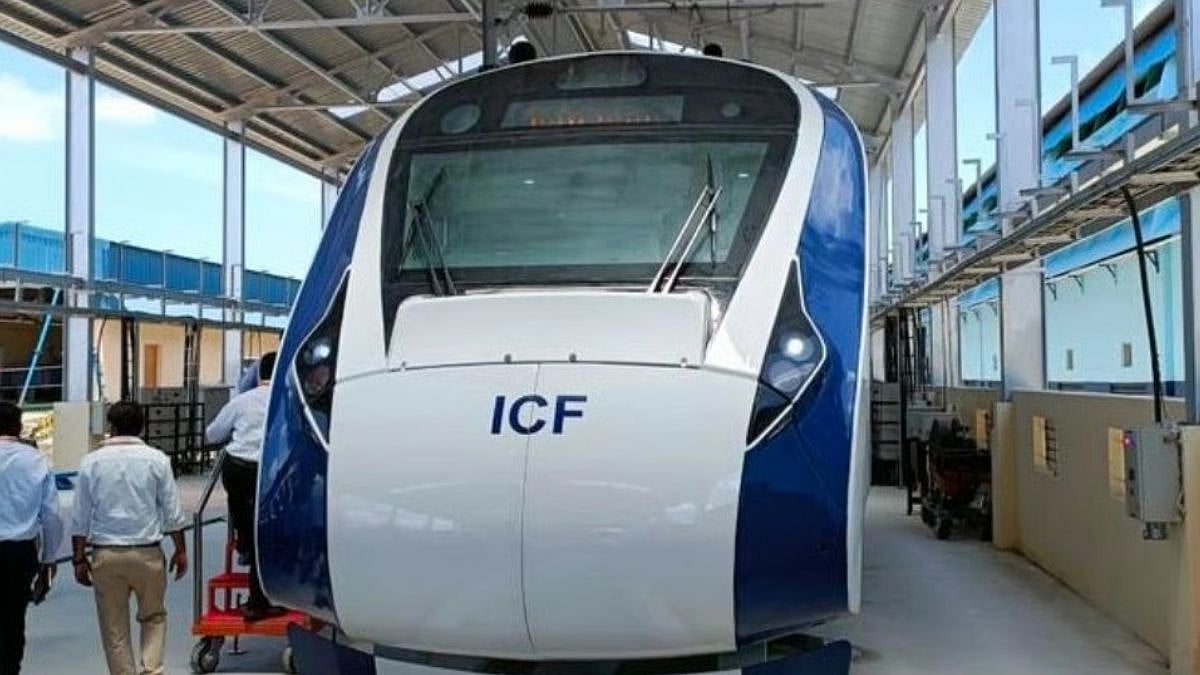Mumbai: The Union Cabinet, chaired by Prime Minister Narendra Modi, has approved a new railway line project that promises to significantly shorten the travel time between Mumbai and Indore. "The project, which aims to establish the shortest rail connectivity between these two major commercial hubs, is expected to be completed by 2028-29 at a total cost of Rs 18,036 crore" said an official.
"The new 309 km railway line will not only connect Mumbai and Indore more directly but also link several currently unconnected areas in Maharashtra and Madhya Pradesh. The route will traverse two districts in Maharashtra and four districts in Madhya Pradesh, providing a vital boost to the local economies and generating approximately 102 lakh man-days of employment during the construction phase" said official adding that, the project aligns with the PM-Gati Shakti National Master Plan, which focuses on enhancing multi-modal connectivity through integrated planning. This initiative will provide seamless movement for people, goods, and services, promoting comprehensive regional development .
Key Features of the Project
The new railway line will add 309 km to the Indian Railways network, covering six districts across Maharashtra and Madhya Pradesh. According to an official, project includes the construction of 30 new stations, which will improve access to approximately 1,000 villages and benefit around 30 lakh people.
Boost to Tourism and Agriculture
By providing a shorter route between the western and central parts of India, the project is expected to increase tourism in the Ujjain-Indore region, including popular destinations such as the Sri Mahakaleshwar Jyotirlinga Temple. Additionally, it will enhance the distribution of agricultural products from millet-producing districts in Madhya Pradesh and onion-producing districts in Maharashtra.
.jpg)
Economic and Environmental Benefits
The new line will facilitate the transportation of essential commodities such as agricultural products, fertilizers, containers, iron ore, steel, cement, and petroleum. It is projected to handle an additional freight traffic of approximately 26 million tonnes per annum. As an environmentally friendly mode of transport, the railway project is expected to contribute to India's climate goals, reduce logistics costs, decrease oil imports by 18 crore litres, and lower CO2 emissions by 138 crore kilograms—equivalent to planting 5.5 crore trees.

